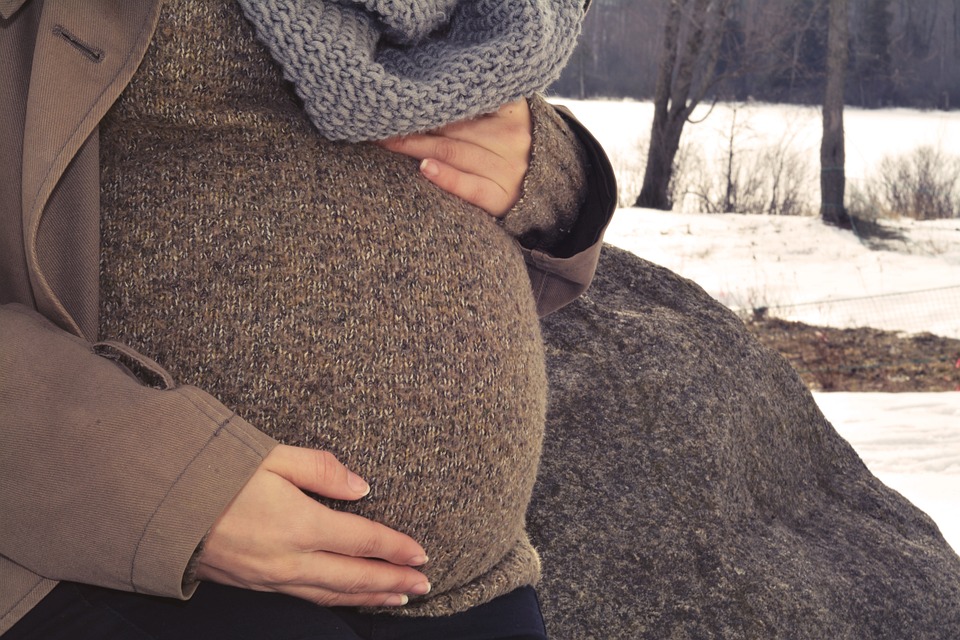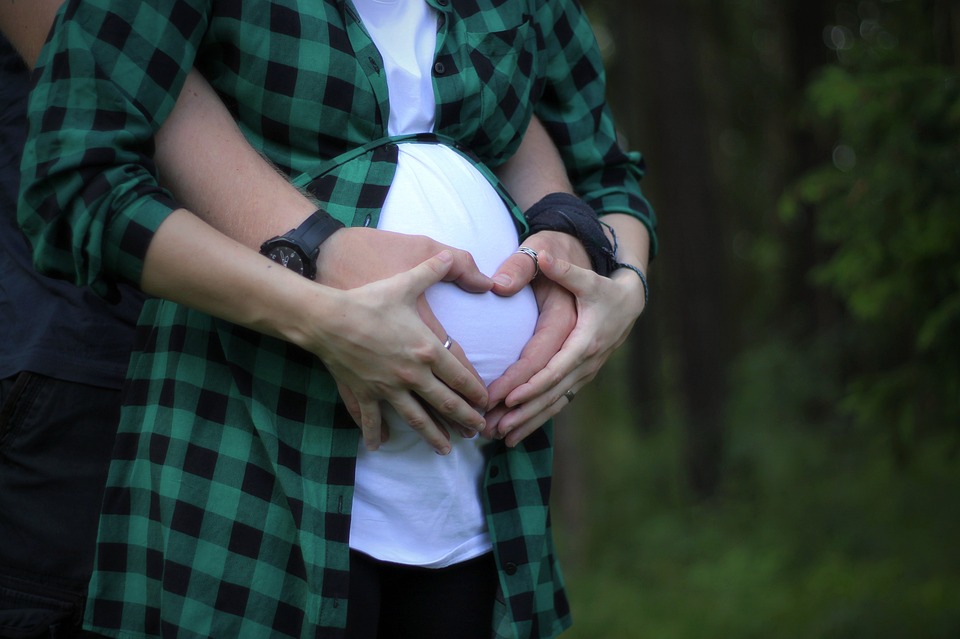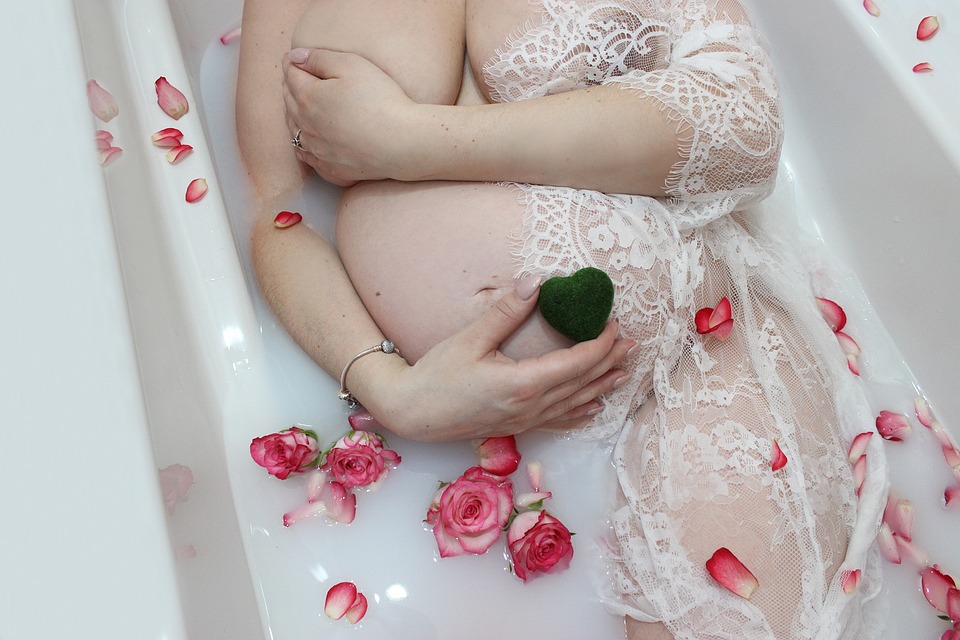
Pregnancy is a special time in a woman’s life when she not only has to care for herself, but also for the new life growing inside her. This means that eating for two is not just a saying – it’s a reality. A well-balanced diet is essential during pregnancy to support the health and development of the baby, as well as to ensure the mother stays healthy and strong. In this article, we will explore the importance of a balanced diet during pregnancy and provide some tips on how to achieve this.
Nutrient Requirements During Pregnancy
During pregnancy, a woman’s body undergoes numerous changes to support the growth and development of the baby. This means that the mother’s nutrient requirements increase significantly, as she needs to provide all the essential nutrients for both herself and her growing baby. Some of the key nutrients that are important during pregnancy include:
– Folic acid: Folic acid is crucial for the development of the baby’s neural tube, which eventually becomes the brain and spinal cord. Adequate levels of folic acid can help prevent neural tube defects, such as spina bifida.
– Iron: Iron is essential for the production of red blood cells, which transport oxygen around the body. During pregnancy, a woman’s blood volume increases, so she needs more iron to support this process.
– Calcium: Calcium is important for the development of the baby’s bones and teeth, as well as for the mother’s bone health.
– Vitamin D: Vitamin D is essential for the absorption of calcium and also plays a role in the development of the baby’s bones and teeth.
– Omega-3 fatty acids: Omega-3 fatty acids are important for the development of the baby’s brain and eyes.
– Protein: Protein is essential for tissue growth and repair, and is especially important during pregnancy to support the growth of the baby.
A well-balanced diet that includes a variety of nutrient-rich foods can help ensure that pregnant women get all the essential nutrients they need to support a healthy pregnancy. This includes fruits, vegetables, whole grains, lean proteins, and dairy products.
Benefits of a Balanced Diet During Pregnancy
Eating a well-balanced diet during pregnancy has numerous benefits for both the mother and the baby. Some of the key benefits include:
– Reduced risk of birth defects: Getting all the essential nutrients during pregnancy can help reduce the risk of birth defects, such as neural tube defects and cleft lip.
– Healthy weight gain: Eating a balanced diet can help pregnant women gain weight in a healthy way, which is important for the health of both the mother and the baby.
– Reduced risk of complications: A well-balanced diet can help reduce the risk of complications during pregnancy, such as gestational diabetes and pre-eclampsia.
– Higher energy levels: Eating nutrient-rich foods can help pregnant women maintain higher energy levels, which is important for coping with the physical demands of pregnancy.
Tips for Eating a Balanced Diet During Pregnancy
Eating a well-balanced diet during pregnancy doesn’t have to be complicated. Here are some tips to help pregnant women achieve a balanced diet:
– Eat plenty of fruits and vegetables: Fruits and vegetables are rich in vitamins, minerals, and antioxidants, which are important for a healthy pregnancy. Aim to include a variety of colors in your diet to ensure you’re getting a wide range of nutrients.
– Choose whole grains: Whole grains, such as brown rice, whole wheat bread, and quinoa, are rich in fiber, vitamins, and minerals. They can help keep you feeling full and satisfied, and can also help regulate blood sugar levels.
– Include lean proteins: Lean proteins, such as chicken, fish, beans, and lentils, are important for tissue growth and repair. They also help keep you feeling full and provide a good source of energy.
– Limit processed foods: Processed foods, such as sugary snacks, chips, and fast food, are often high in added sugars, fats, and salt. These foods can contribute to weight gain and increase the risk of complications during pregnancy. Aim to limit processed foods and focus on whole, nutrient-rich foods instead.
– Stay hydrated: Drinking plenty of water is important during pregnancy to help maintain proper hydration and support the baby’s development. Aim to drink at least eight 8-ounce glasses of water per day, and more if you’re exercising or in a hot climate.
– Take prenatal vitamins: Prenatal vitamins are an important supplement during pregnancy to ensure you’re getting all the essential nutrients you need. Talk to your healthcare provider about the best prenatal vitamin for you.
– Listen to your body: During pregnancy, your body will give you signals about what it needs. Pay attention to these signals and eat when you’re hungry, and stop when you’re full. Don’t be afraid to indulge in cravings occasionally, but try to balance them with nutrient-rich foods.
In conclusion, eating a well-balanced diet during pregnancy is essential to support the health and development of the baby, as well as to ensure the mother stays healthy and strong. By including a variety of nutrient-rich foods in your diet, you can help reduce the risk of birth defects, complications, and unhealthy weight gain. Remember to listen to your body, stay hydrated, and talk to your healthcare provider about any concerns or questions you may have. By following these tips, you can enjoy a healthy pregnancy and set the stage for a happy and healthy start for your new baby.






